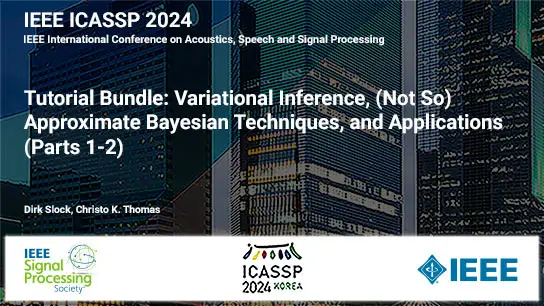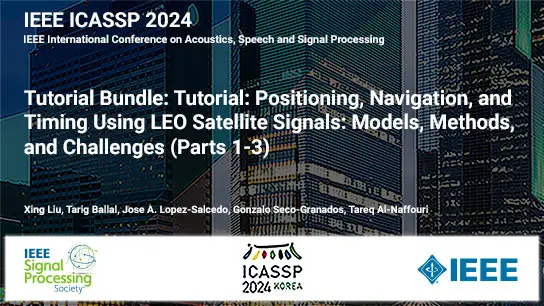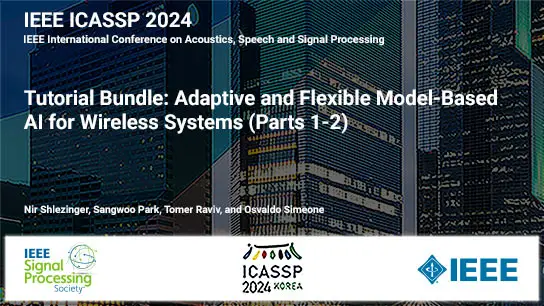ICIP 2017 Tutorial - Scalable Deep Learning for Image Processing with Microsoft Cognitive Toolkit [Part 2 of 2]
Taifeng Wang
-
Members: FreeSPS
IEEE Members: $11.00
Non-members: $15.00Length: 01:01:51
12 Jan 2018
Author Bio/Abstract
Deep learning has become the de facto standard method in most image processing problems. In the past few years, deep learning algorithms have met and exceeded human-level performance in image recognition. Nevertheless, training deep learning networks on a large data set remains very challenging. The sheer amount of computation needed to train a convolutional neural network can take months on large data sets. Combining that with the black art of hyper-parameter tuning, the community desperately needs tools to help train deep learning networks on multiple servers with multiple GPUs. This tutorial will introduce Microsoft's Cognitive Toolkit, also known as CNTK (https://github.com/Microsoft/CNTK), to the image processing community. Various algorithms supported by the toolkit will be presented. The benefits of CNTK in terms of speed and scalability relative to existing toolkits will also be described.
Deep learning has become the de facto standard method in most image processing problems. In the past few years, deep learning algorithms have met and exceeded human-level performance in image recognition. Nevertheless, training deep learning networks on a large data set remains very challenging. The sheer amount of computation needed to train a convolutional neural network can take months on large data sets. Combining that with the black art of hyper-parameter tuning, the community desperately needs tools to help train deep learning networks on multiple servers with multiple GPUs. This tutorial will introduce Microsoft's Cognitive Toolkit, also known as CNTK (https://github.com/Microsoft/CNTK), to the image processing community. Various algorithms supported by the toolkit will be presented. The benefits of CNTK in terms of speed and scalability relative to existing toolkits will also be described.
Primary Committee:
IEEE ICIP


